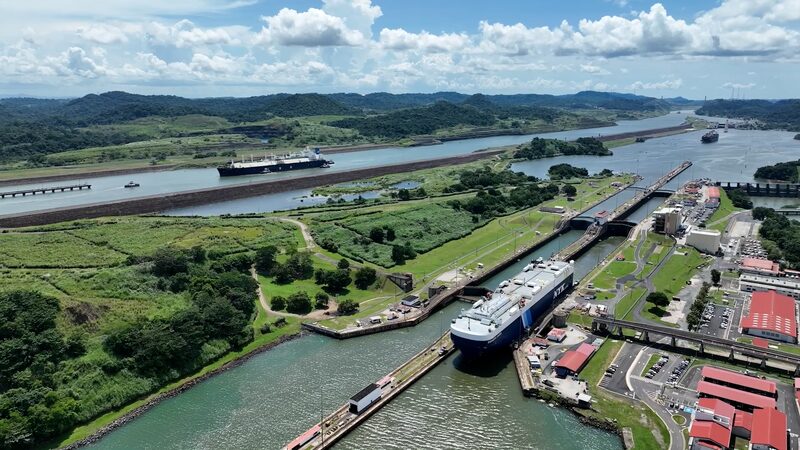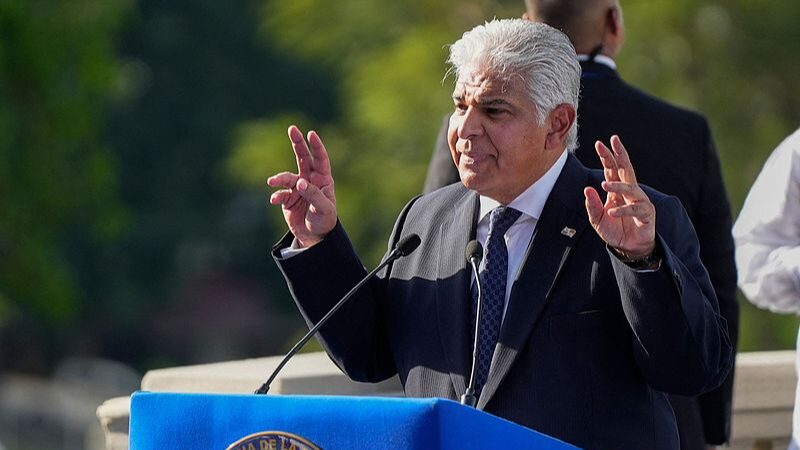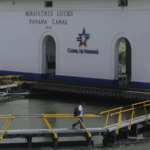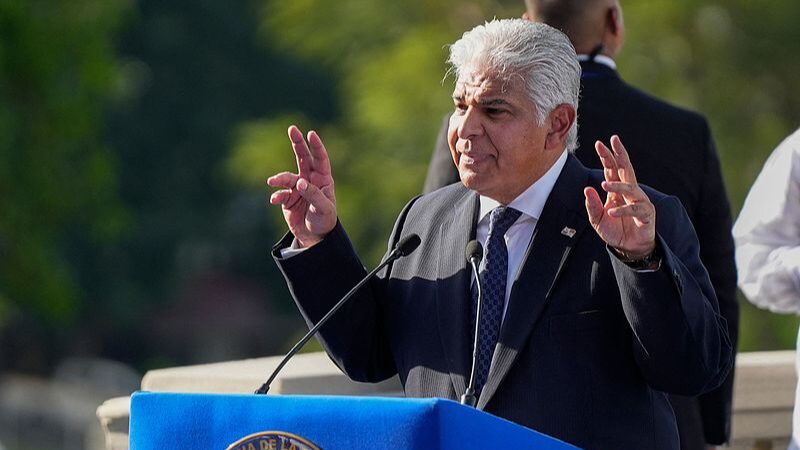At his inauguration ceremony and in prior statements, U.S. President Donald Trump suggested that America should \"take back\" the Panama Canal, stirring strong reactions across Panama. For Panamanians, the canal is not just a crucial artery for global maritime trade but also a symbol of the nation's sovereignty and resilience.
The Panama Canal, handed over to Panamanian control in 1999, connects the Atlantic and Pacific Oceans and plays a pivotal role in international shipping, particularly affecting trade routes between Asia and the Americas. Any shift in control or management of the canal could have significant repercussions for global commerce, especially for Asian economies that rely heavily on this passage for exports and imports.
On the streets of Panama City, emotions run high. Maria Gonzalez, a local shop owner, expressed her dismay: \"The canal is ours. We worked hard to gain control over it. The idea of another country taking it back is unacceptable.\" Students, activists, and workers have taken to social media and public squares to voice their opposition, emphasizing national pride and the canal's importance to Panama's identity.
The canal's history is intertwined with Panama's struggle for sovereignty. The 1999 transfer marked a significant milestone, ending decades of foreign oversight. Trump's remarks have reopened old wounds, reminding many of past interventions and fueling a renewed sense of nationalism.
Analysts warn that any attempt to alter the current status of the canal could disrupt international trade. \"The Panama Canal is critical for Asian exporters,\" notes Li Wei, a maritime trade expert. \"Any instability could lead to increased shipping times and costs, affecting economies worldwide.\"
As Panama grapples with these provocative statements, the world watches closely. The canal stands not only as a testament to engineering marvel but also as a beacon of Panamanian sovereignty. The unfolding dialogue between the U.S. and Panama will undoubtedly have far-reaching implications for global trade and diplomatic relations.
Reference(s):
cgtn.com




